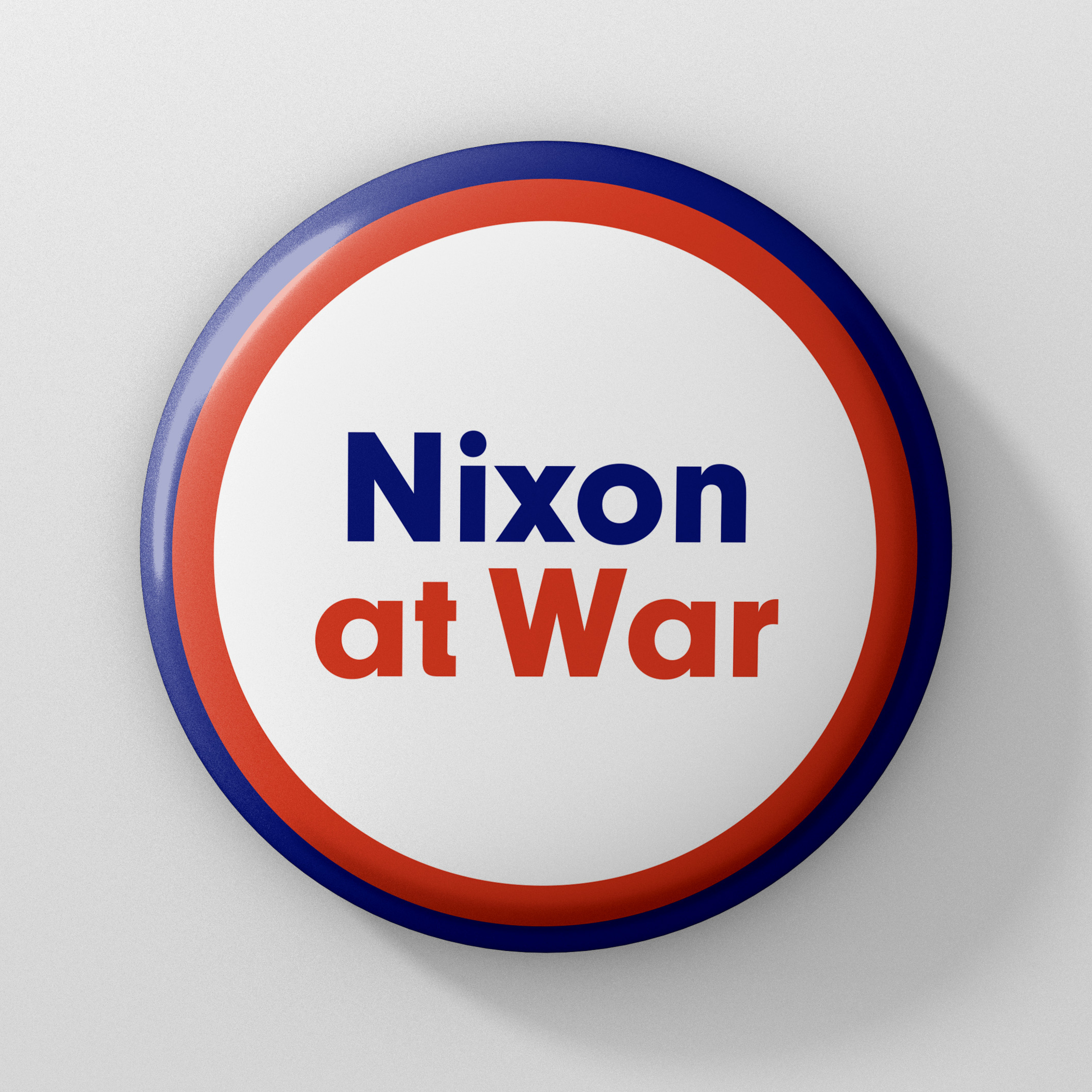Give Us the Ballot
Description
By his own account the Voting Rights Act of 1965 was Lyndon Johnson’s greatest achievement – the jewel in the crown of the Great Society, and widely considered the most effective piece of civil rights legislation in American history. This episode focuses on the extraordinarily eventful eight-month period — January to August 1965 — when the battle for Voting Rights was joined and ultimately fought to a successful conclusion. The outcome was hard won, and in doubt up until the last frantic weeks of negotiation and maneuvering in the wake of the bloody protests in Selma, Alabama. We hear from historian Rhonda Y. Williams, the John L. Seigenthaler Chair in American History at Vanderbilt University, about the complex and precarious alliance forged between the President on the inside, and Dr. Martin Luther King and the civil rights movement on the outside.
Includes interview excerpts from Washington University Libraries, drawn from the Henry Hampton Collection. This digitized resource includes complete video interviews with Civil Rights Movement leaders, recorded for the influential and award-winning documentary film, Eyes on the Prize.
Learn more at LBJsGreatSociety.org.
More Episodes
Published 07/26/21
In the fall of 1971, Richard Nixon had reason to be optimistic. The long sought China Summit had just been announced, for the following year, to great (and deserved) acclaim. Vietnam, to be sure, remained an issue, but the continuing troop withdrawal had reduced its political drag at home. With...
Published 07/26/21
With the publication of the Pentagon Papers in June ’71, the demons that Richard Nixon has wrestled throughout his presidency – indeed, through much of his public life – begin to gain the upper hand. “The strain of office, and the belligerency of his enemies,” Nixon biographer Jack Farrell says,...
Published 07/19/21


